Chinese scientists have discovered a type of superconducting material that could lead to new applications in information technology and energy conservation technology.
The discovery was published in the international science journal Nature on Wednesday.
Superconductivity is a state of matter in which a material conducts electricity with no resistance. This means that no energy is lost as heat when electricity flows through a superconductor.
The new material, a nickelate, is superconducting at a temperature of — 193 C. This is higher than for other superconducting materials.
The discovery provides a new family of compounds to investigate superconductivity, said Wang Meng, deputy dean of the School of Physics at Guangzhou-based Sun Yat-sen University who led the research.
This may lead to more applicable superconducting materials that could be designed and developed with the help of computing and artificial intelligence technologies, Wang said.
More applications would become possible in fields such as information technology, engineering, industrial processing, electricity, biomedicine and transportation, he said.
For example, if a nickelate material proves to have satisfying performance, magnetically levitated trains using it may run more steadily and carry greater loads.
"Here I'm talking about only the known applications. As to the unknown applications, it's hard to say because technologies develop very quickly," Wang said.
The discovery of this new material could help scientists understand the mechanism of superconductivity and develop new superconducting materials with even higher critical temperatures.
Since the report was posted on preprint server arXiv last month, more than a dozen theoretical and experimental papers by other parties have been posted, Wang said.
He said the team is working on high-temperature nickelate superconductors at ambient pressure and hopes to discover nickelates with higher superconductivity.









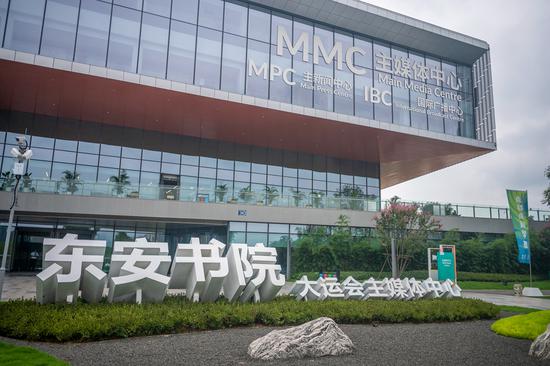







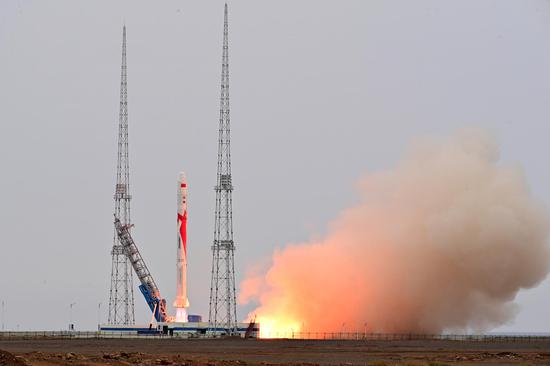







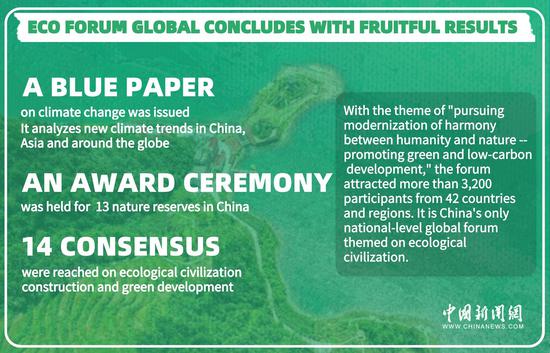
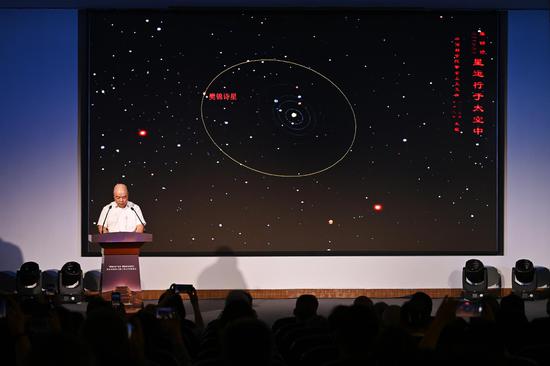





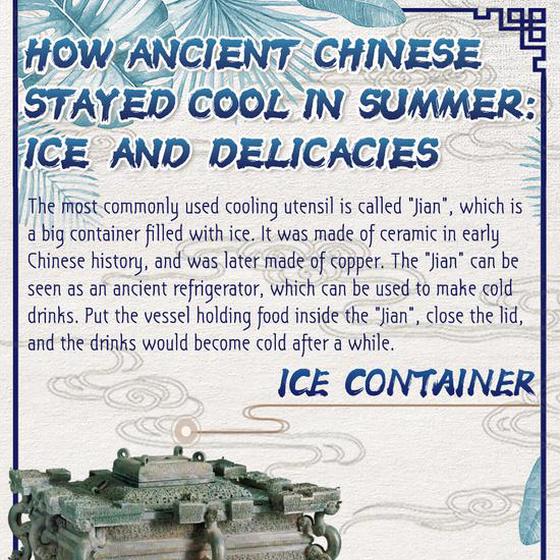
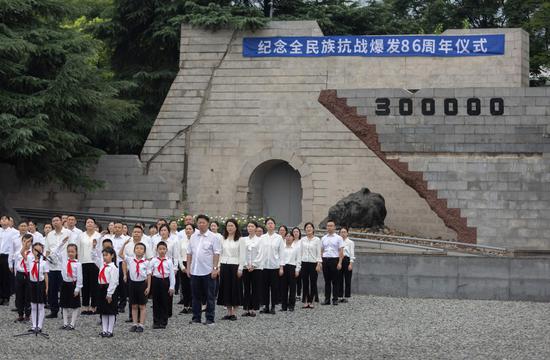







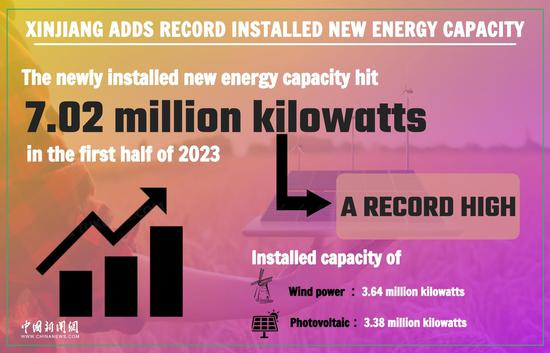








 京公网安备 11010202009201号
京公网安备 11010202009201号